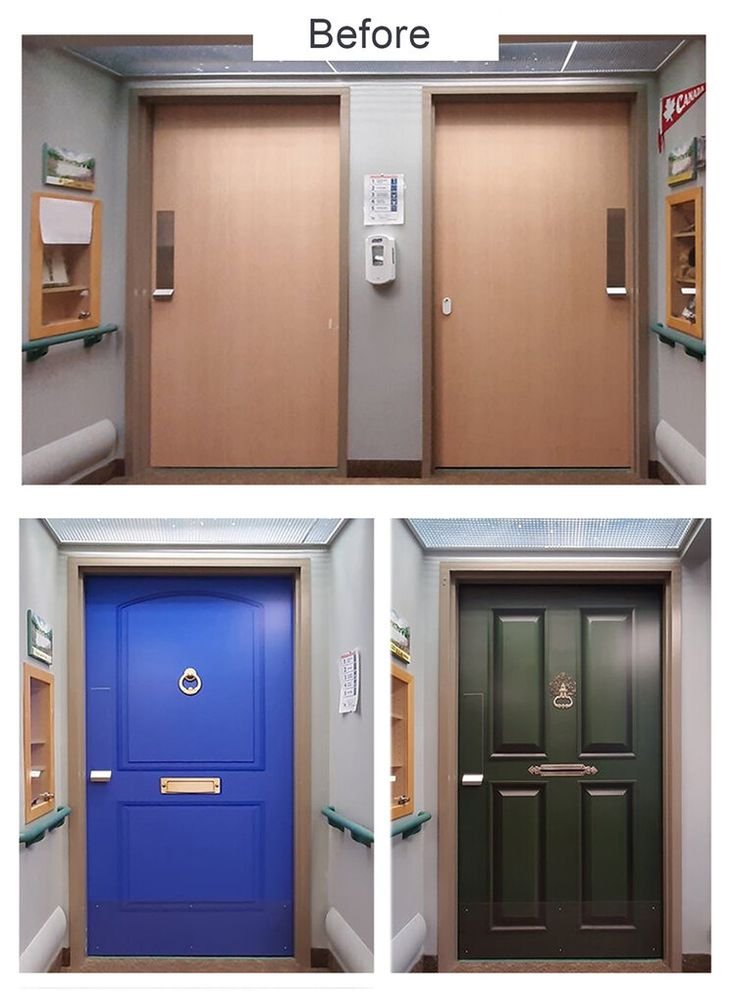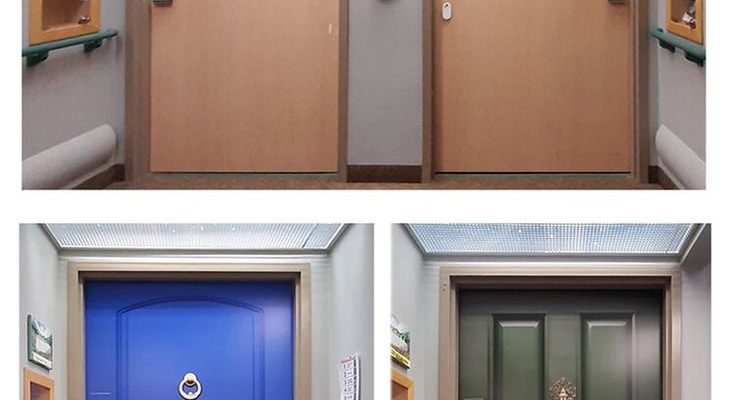
Understanding Door Hardware Options
Before diving into specific products, it’s important to understand the various types of door hardware available. This includes door knobs, levers, and smart solutions designed for ease of use. Here’s a closer look at each option.
Door Knobs vs. Lever Handles
Door knobs have been a standard feature for years, but they can be tricky for seniors. Imagine trying to grip a small, round object when your hands are weak or unsteady. Lever handles, on the other hand, are a much better option. They require less grip strength and can be operated using a simple push or pull motion.
Using lever handles can also reduce the risk of falls. When you’re focused on navigating a tight space, fumbling with a knob can be frustrating and dangerous. Lever handles provide a straightforward and safe way to open doors.
Smart Door Hardware
Another exciting option is smart door hardware. This includes devices like automatic door openers and smart locks. They can be controlled by the touch of a button or via a mobile app, making it easier for seniors to open doors without having to struggle with traditional mechanisms.
Imagine an elderly resident standing in front of a door, a bit unsteady. With a simple tap on their phone, the door glides open. This technology can help maintain independence while ensuring safety.
Accessibility Features to Look For
When selecting door hardware, consider which accessibility features are most beneficial.
Ease of Use
The most important feature is ease of use. Hardware should be simple to operate without requiring excessive force. Look for options that have been designed specifically with seniors in mind, such as products featuring push/pull mechanisms or those with larger, easy-to-grip surfaces.
Another thoughtful feature is the height of the hardware. It should be positioned so that it’s accessible to everyone, including those who may be seated in a wheelchair.
Durability
Durability is another factor. The hardware should withstand frequent use without losing functionality. Common materials like stainless steel or brass are not only sturdy but also resistant to wear over time.
You want to ensure that as your loved ones age, the hardware remains reliable and easy to use, minimizing the risk of malfunction.
Recommended Door Hardware Types
Now that you understand the different features to look for, let’s explore some specific types of hardware that are ideal for elderly residents.
Lever Handles
As mentioned earlier, lever handles are the top choice for interior doors. They offer a user-friendly experience and can be found in a variety of styles that suit different decors. When shopping, consider options with a long, horizontal lever for maximum ease.
Automatic Door Openers
For a high-tech approach, consider automatic door openers. These devices can be installed on existing doors, allowing for hands-free access. They’re particularly beneficial for individuals with mobility challenges, as they can be activated by a remote or a simple push button.
Maintenance and Installation Considerations
After selecting the right hardware, consider how to maintain and install it properly.
Installation Tips
Installation may require some DIY know-how. If you’re not comfortable doing it yourself, hiring a professional can save time and avoid potential frustration. Make sure the hardware is installed at the right height for ease of access.
Regular Maintenance
Regularly check and maintain the hardware to ensure it functions well. This means tightening screws, cleaning mechanisms, and applying lubricant if necessary. Keeping a regular maintenance schedule can enhance the durability and longevity of the hardware.
Creating a Safe Environment
Choosing the best hardware for interior doors goes beyond convenience; it’s about creating a safe and welcoming environment.
Understanding the Needs of Residents
Take time to assess the specific needs of elderly residents when selecting hardware. Some may need additional support, such as grab bars placed near doorways for added safety when entering or exiting rooms.
Engaging the Residents in Choices
Involve the residents in the decision-making process. Discuss their preferences and comfort levels. You might find that they have specific needs or ideas that can further improve their living space.
As you navigate the options for door hardware in homes with elderly residents, remember that each choice impacts their daily life. Prioritize ease of use and accessibility while considering style and durability. With the right hardware, you can create a home that feels safe, independent, and welcoming.
Investing in quality door hardware is more than just a task—it’s about enhancing quality of life. With careful consideration, you can ensure that your loved ones move comfortably and safely through their home.
